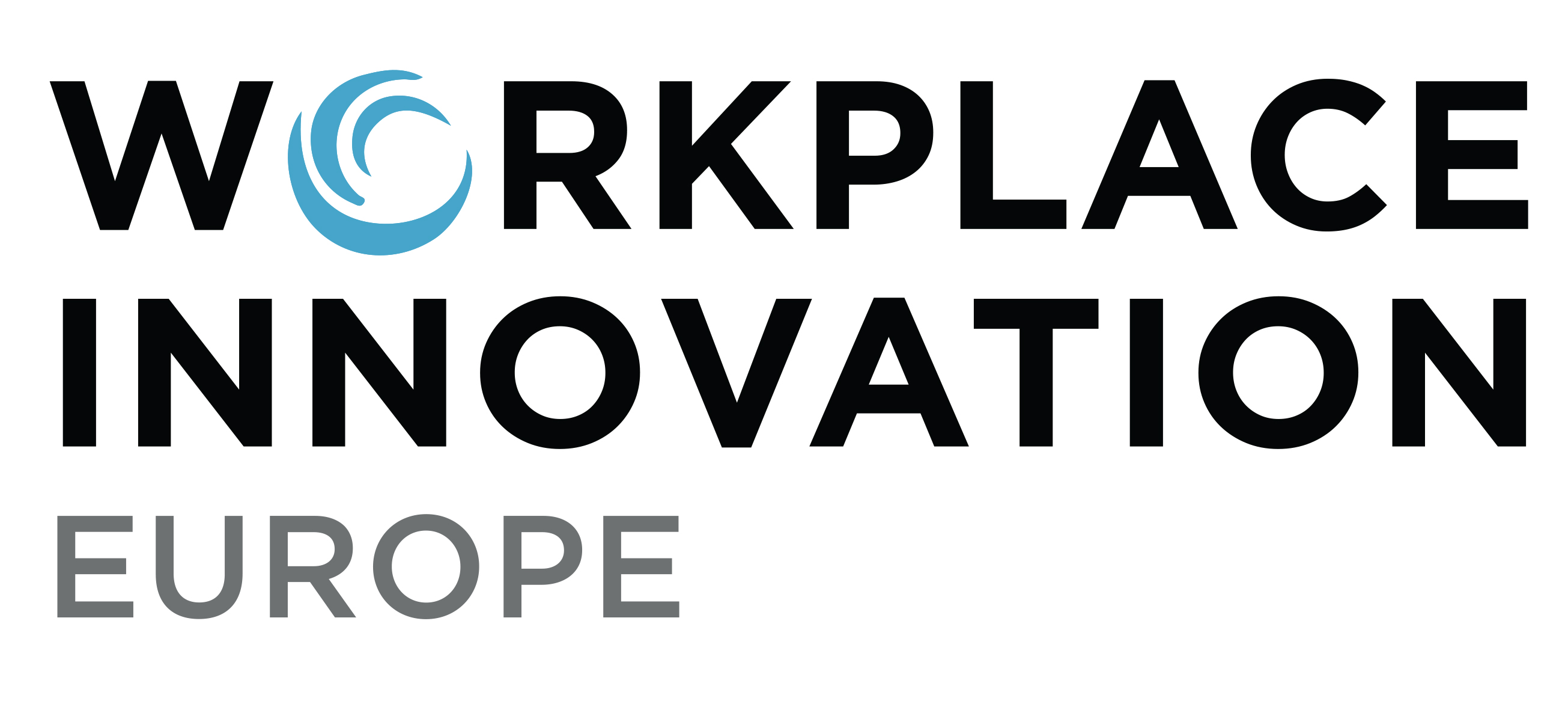Positive Mental Health at Work
Beyond the quick fix
Good work doesn’t just lead to psychological wellbeing and personal fulfilment – it also boosts engagement, performance and innovation.
So why is everyone only talking about mental illness in the workplace?
The impact of workplace changes and pressure due to the pandemic have presented increasing challenges for many of us, increasing stress and affecting our wellbeing & mental health.
In a recent study conducted by Oracle in partnership with Workplace Intelligence, it was found that the COVID-19 pandemic has negatively affected the mental health of 78% of the global workforce.
Mental health problems are a huge issue affecting people and business. Statistics tell us that 1 in 4 people will be affected by a mental health problem at some time in their life with the result that 17 million working days are lost each year, at a cost of around £34.9bn to UK employers alone.
Much valuable work has been done in recent years to de-stigmatise conversations around mental health at work, and a growing number of companies are training line managers to recognise the symptoms of ill-health and provide individuals with appropriate support.
Employers are also legally obliged to identify and address potential ‘psychosocial risk’, particularly the causes of persistent stress in the workplace, since there is abundant evidence that prolonged exposure to unmanageable pressure can result in severe mental and physical health problems.
But why just focus on ill-health?
There is no shortage of guidance, toolkits and well-meaning advice on mental health at work – but most of it focuses on how to deal with mental ill-health. We need to change the focus: how can we create jobs and organisations that actively contribute to psychological wellbeing?
Whilst there are multiple factors contributing to individual mental health – whether genetic, environmental, or otherwise – it is clear that the workplace has huge potential either to promote or to undermine it. Research evidence points to the need to create positive working conditions and developing healthy work environments, designed to prevent the onset of mental ill health.
Work can make a positive contribution to mental health and wellbeing, providing an environment in which people can learn, develop and realise their full potential. In short, we need a broader perspective in which mental health lies at the very heart of the way we build our organisations – not just to minimise illness but to enable everyone in workforce to realise their full potential – enhancing business success and psychological wellbeing alike.
This is where the concept of workplace innovation comes in, sometimes defined as “the introduction of workplace practices that enable all employees to use and develop their full range of knowledge, skills and creativity, leading to win-win outcomes in terms of business performance and quality of working life”. A large and growing body of evidence shows that employees with high levels of control over their own work experience greatly improved mental and physical health outcomes.
Contact us to discuss practical ways in which you can improve mental wellbeing and engagement in your workplace
Our Workplace Innovation Diagnostic ® employee survey is designed to give you an in-depth understanding of where change is needed and how to deliver it.
Unlike traditional engagement surveys, the Diagnostic focuses on evidence-based workplace practices associated with high performance, engagement and workforce health, and its results indicate specific actions at team, department, site and organisational levels.
We also have a free Taster Diagnostic which you can try for free here.
Share This Story!
